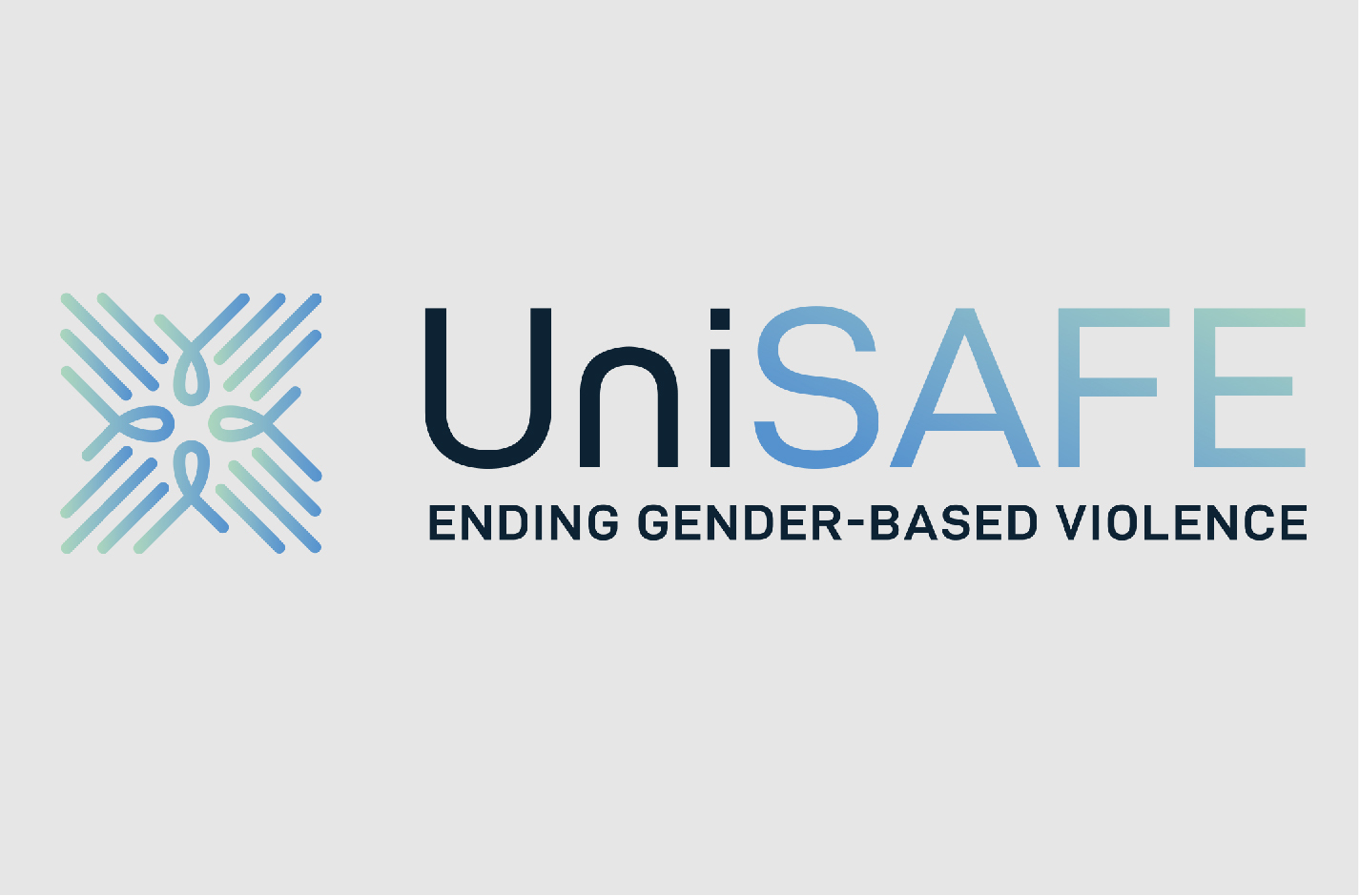By the UniSAFE Consortium
Gender-based violence is a pervasive global problem, and the context of research and higher education is no exception. Despite the scale and the social, economic and health costs of gender-based violence, it remains largely under-reported and under-researched.
Funded under the EU’s Horizon 2020 programme, the UniSAFE project aims to produce better knowledge on gender-based violence (GBV) in research organisations and to translate this knowledge into operational tools for higher education, research organisations and policymakers. Launched in February 2021, UniSAFE will run for three years.
The project explores the mechanisms of GBV, its social determinants, antecedents and consequences, by developing an ambitious multi-level research design and a holistic 7P model, to collect, analyse, synthesise and compare qualitative and quantitative evidence at three levels:
- Prevalence and impacts of GBV will be analysed via data gathered by a survey among 45 research performing organisations and by a Europe-wide survey of mobile researchers (micro level).
- Organisational responses and infrastructure will be investigated via data gathered by in-depth case studies, interviews, and strategic mapping of research organisations in 15 member states (meso-level).
- Legal and policy frameworks will be examined through extensive mapping by national experts in the 27 European member states and 3 associated countries (macro-level).
The 7P research model employed at UniSAFE covers Prevalence, Prevention, Protection, Prosecution, Provision of services, Partnerships and Policy. This holistic approach is better equipped to collect comprehensive data, analyse their relation, and translate findings into operational tools than the conventional 3P model (Prevention, Protection, Prosecution) or the Istanbul Convention 4P model (3P and Policy).
UniSAFE is designed to achieve its results through research, education and outreach activities involving researchers, stakeholders and policymakers across Europe. As a result of the multi-field design, the project will provide in-depth knowledge of existing problems on the one hand, and current and future priorities on the other. Its outcomes will include:
- A better understanding of GBV in European universities and research organisations and its impact on people, organisations and society.
- Effective policies and measures implemented at universities and research organisations.
- Increased capacity of students and staff to address GBV.
- A toolkit and recommendations to reduce GBV in academic environments and research workplaces in Europe.
UniSAFE relies on a highly qualified and multi-disciplinary consortium, with a strong record on research, the law and policies to combat gender-based violence in the EU field of academia and research. Two of SUPERA’s partners are part of the UniSAFE consortium: the Complutense University of Madrid and Yellow Window.


